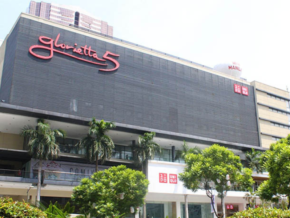What Companies Need to Know about the Extended Producer Responsibility Act
In its previous post, NRI Manila talked about plastic wastes, how it is impacting the Philippines in terms of the environment, and what is being done by government and private sector to address this problem. In this communication, the organization will focus on the latest regulation on plastic packaging through the Extended Producer Responsibility (EPR) Act of 2022 (RA 11898), which lapsed into law in July of this year. The law amends sections of the 22-year-old Ecological Solid Waste Management Act of 2000, passed in 2001 to include circular economy and EPR as a practical approach to waste management in products such as plastic packaging.
Why the Act needs to be implemented?
Table 1 shows the comparison of the annual plastic waste per capita among countries under the Association of Southeast Asian Nations (ASEAN), derived from the study by the World Bank. The Philippines has the largest volume in plastic waste generated per capita annually, with the largest contribution coming from single-use plastics such as sachets. In fact, the Philippines consumes about 163 million pieces of sachets every day according to the study by World Bank in 2021. Sachets are a convenient form of product as it is affordable, however, it evolved into a habit of a high dependence on single-use plastics.
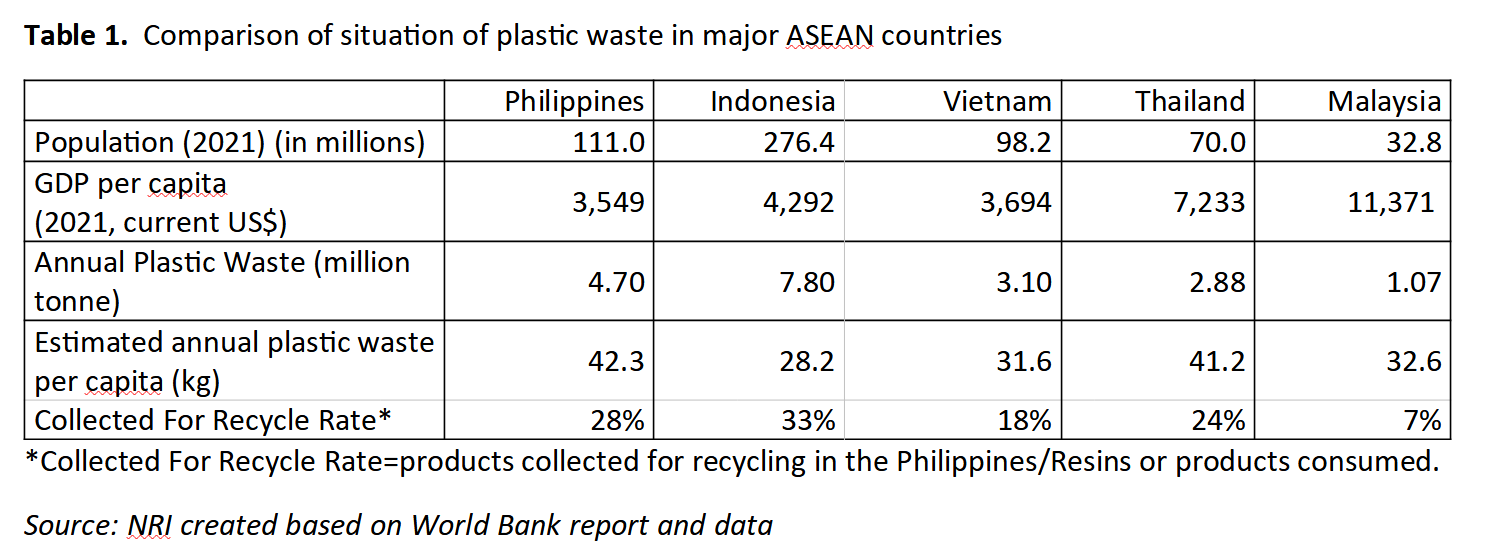
EPR Target for recovery of plastic product footprint
The EPR Act aims to prevent waste from leaking to the environment through activities such as buy-back, offsetting, establishing of commercial or industrial scale facilities for recycling, composting, thermal treatment, and other waste diversion or disposal, and clean-up of waste leaked to coastal areas, public roads, and other sites. The recovery of the plastic package is translated into footprint concept, companies is required to reduce the plastic footprint generated in production by collecting waste or offsetting. The government sets the target as shown in the Table 2, the targets will gradually increase year by year. To achieve the targets, both product supplier side and user side shall contribute to recycling and recovery of plastic packaging wastes.

What are the plastic materials defined in EPR Act?
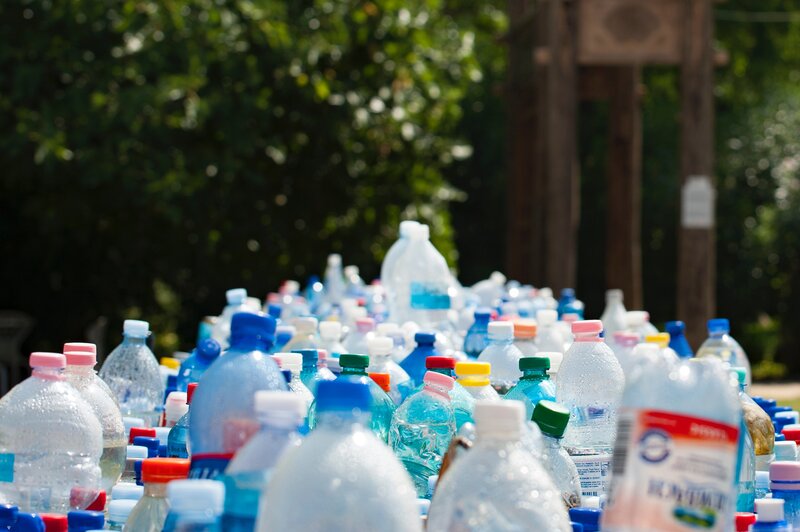 IMAGE from Pexels
IMAGE from Pexels
RA 11898 covers plastic packaging, defined as “products utilized to carry, protect, or pack goods for transportation, distribution or sale”. These include:
1. Sachets, labels, laminates, and other flexible plastic, whether single layer or multi-layered with other materials (e.g., condiment packets, ramen packaging)
2. Rigid plastic packaging, whether layered with any other materials which include containers for beverages, food, home, personal care, and cosmetic products (e.g., shampoo and liquid detergent bottles), including their coverings, cans, caps or lids and other necessities or promotional materials such as cutlery, plates, drinking straws or sticks, tarps, signage, or labels
3. Plastic bags, which include single-use plastic bags for carrying or transporting of goods, and provided and utilized at the point of sale (e.g., shopping bags in department stores and supermarkets)
4. Polystyrene (e.g., takeaway food containers, white Styrofoam containers)
Who are responsible in EPR Act? EPR Act Industry/Sector Coverage and Details
Companies that are classified as large, or those that are above the limit of what is defined as a medium enterprise by asset value (PHP 100 million) under the Magna Carta for Micro, Small and Medium Enterprises (MSMEs, RA 9501) are required to undergo an exercise in EPR. Those who distribute any product under a brand or unique identifier of a product are responsible to collect their packages. In addition, toll manufacturers of such brands are also covered, with the responsibility being placed on the company that owns the brand.
The Act requires companies to set up and implement their own EPR programs for plastic packaging to maximize the proper and efficient management of plastic packaging wastes within six months of the law’s passage or around February 2023. Their EPR schemes are to be submitted to the National Solid Waste Management Commission (NSWMC) through the Department of Environment and Natural Resources (DENR).
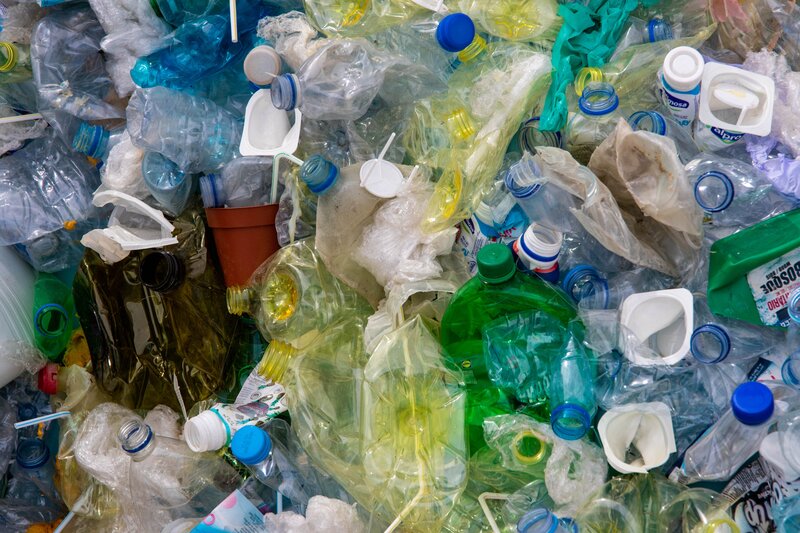 IMAGE from Pexels
IMAGE from Pexels
The law also mandates these companies that are obligated or volunteered to either go at it alone or partner with other companies, civil society organizations, local government units (LGUs), or producer responsibility organizations (PROs) that are responsible for setting up a system for companies to processing their plastic packaging wastes. EPR compliance reports with third-party audits are also in the Act, to be submitted on an annual basis based on a standard that will be outlined by the DENR, which will be part of the Implementing Rules and Regulations (IRR) to be published around mid-November 2022.
Companies that are covered by the Act may apply for tax incentives based on the government’s procedures under the Strategic Investment Priority Plan which includes income tax holidays, customs duties exemptions and other financial incentives outlined in the Corporate Recovery and Tax Incentives for Enterprises (CREATE) Act (RA 11534). Otherwise, such measures are considered as necessary expenses deductible from gross annual income. In addition, efficient management of plastic packaging wastes includes the gradual reduction and elimination of packaging that are deemed low in reusability, recyclability, retrievability, and plastic neutrality, or products that are deemed not high enough in value to be part of a circular economy scheme.
What can companies do to comply?
Companies would need to know whether they are either (1) obligated or may voluntarily apply to participate under this Act, (2) identify who the key players in the EPR scheme, (3) understand how they can create their own EPR scheme, and (4) start to create their own EPR scheme and submit to DENR before the 2023 deadline. Specific details will be included when the IRR for this Act would be released in November, such as which plastic audit standard would be used or if there is additional coverage in the industries, but it is always good for companies to prepare their own schemes at the soonest possible time.
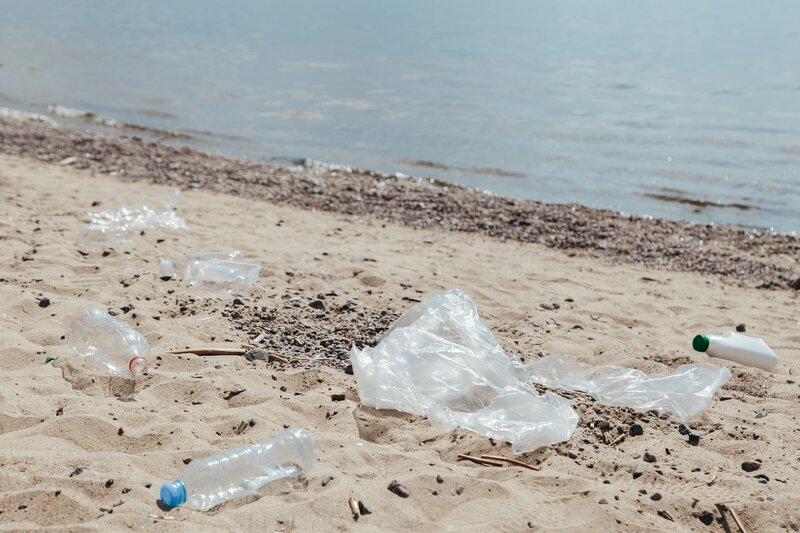 IMAGE from Pexels
IMAGE from Pexels
NRI Manila is ready to work with companies to map out their EPR journey with companies in the Philippines with its research and knowledge in solid waste management, mapping out the steps needed to create a company’s EPR schemes, and assistance with linking government policies with company directions on EPR based on the company’s needs.
It is hoped that through this scheme, companies can play an important role in reducing the plastic wastes in the Philippines and in the world, contributing to a better, and greener future.









